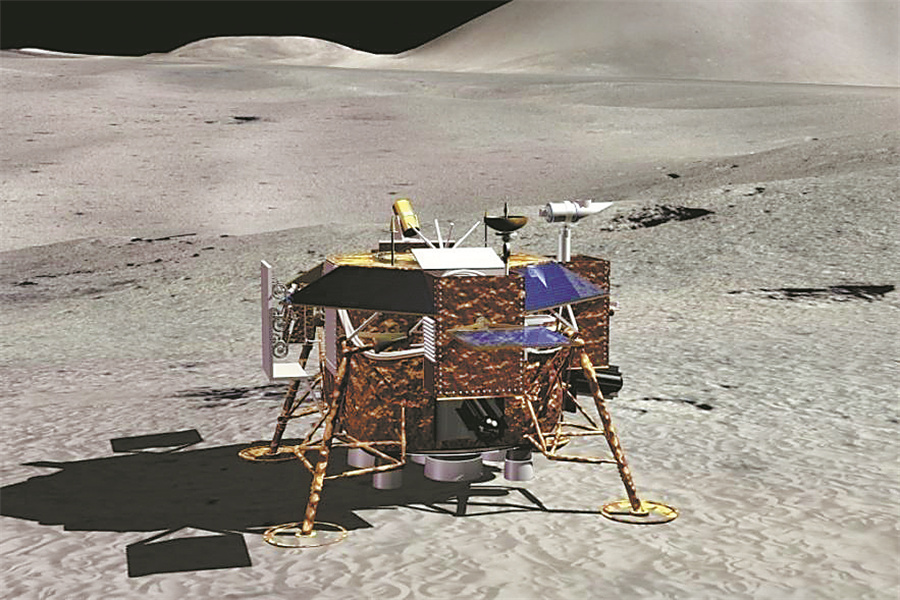Timeline of China's top 10 space achievements of past decade

1. Dec 2, 2013
China starts the Chang'e 3 mission to send a robotic probe on a historic expedition to the moon. After about 12 days of flight, the Chang'e 3 probe soft-lands on the lunar soil, becoming the first Chinese spacecraft to do so and the first craft of any country to achieve this goal in nearly four decades. Chang'e 3 then releases the first Chinese lunar rover, Yutu, on the moon. Yutu works there for nearly 1,000 days, until July 2016.
2. Nov 3, 2016
China carries out the debut mission of its largest and mightiest carrier rocket, the Long March 5, at the Wenchang Space Launch Center in Hainan province, to transport a scientific-experiment satellite into space. The strongest and most technologically sophisticated rocket ever built by China, the Long March 5 has a liftoff weight of 869 metric tons and a maximum carrying capacity of 25 tons to a low-Earth orbit or 14 tons to a geosynchronous transfer orbit. Its payload capacity is about 2.5 times more than any other Chinese rocket.
3. Dec 8, 2018
China launches its fourth lunar probe, Chang'e 4, toward the far side of the moon, which always faces away from Earth. Twenty-six days into its journey, the unmanned spacecraft makes a soft-landing on the Von Karman crater in the South Pole-Aitken basin, inaugurating mankind's first close observation of the moon's little-known far side. The mission's core component-the Yutu 2 rover-has worked on the moon for nearly 1,400 days and has traveled nearly 1,300 meters on the lunar soil, making it the longest-working rover of all time.



